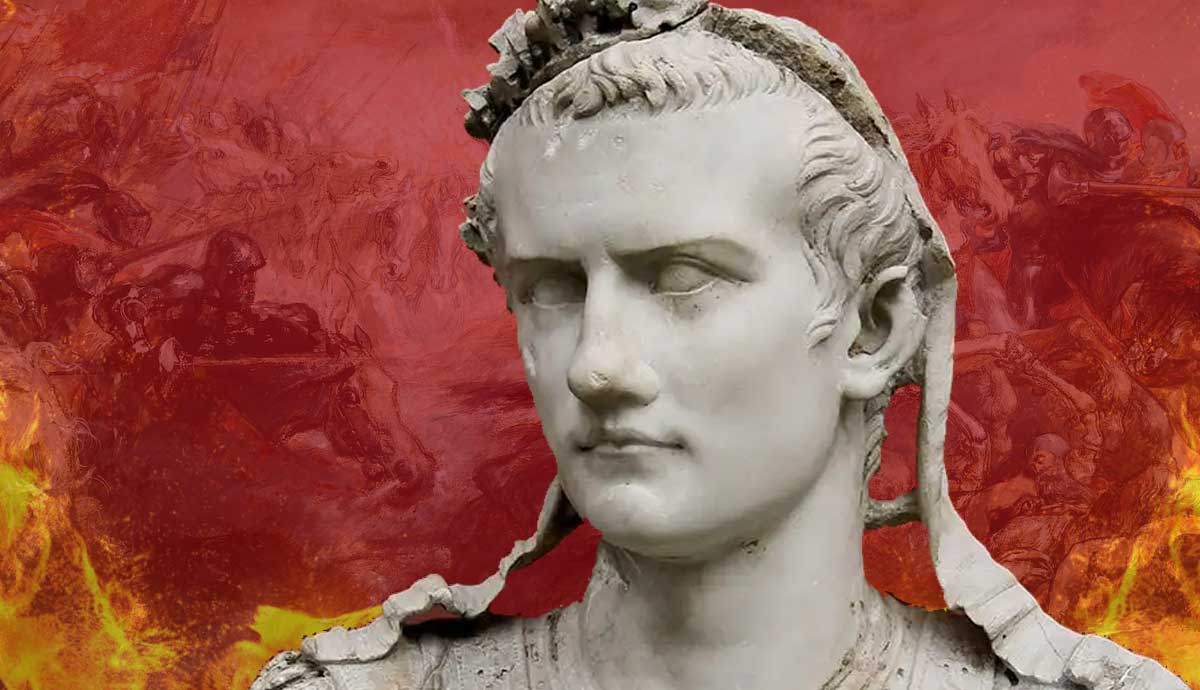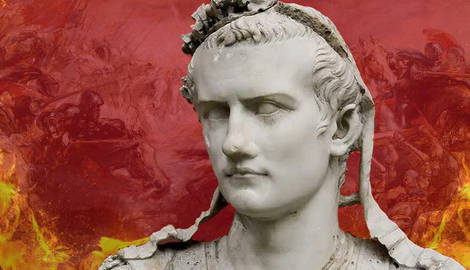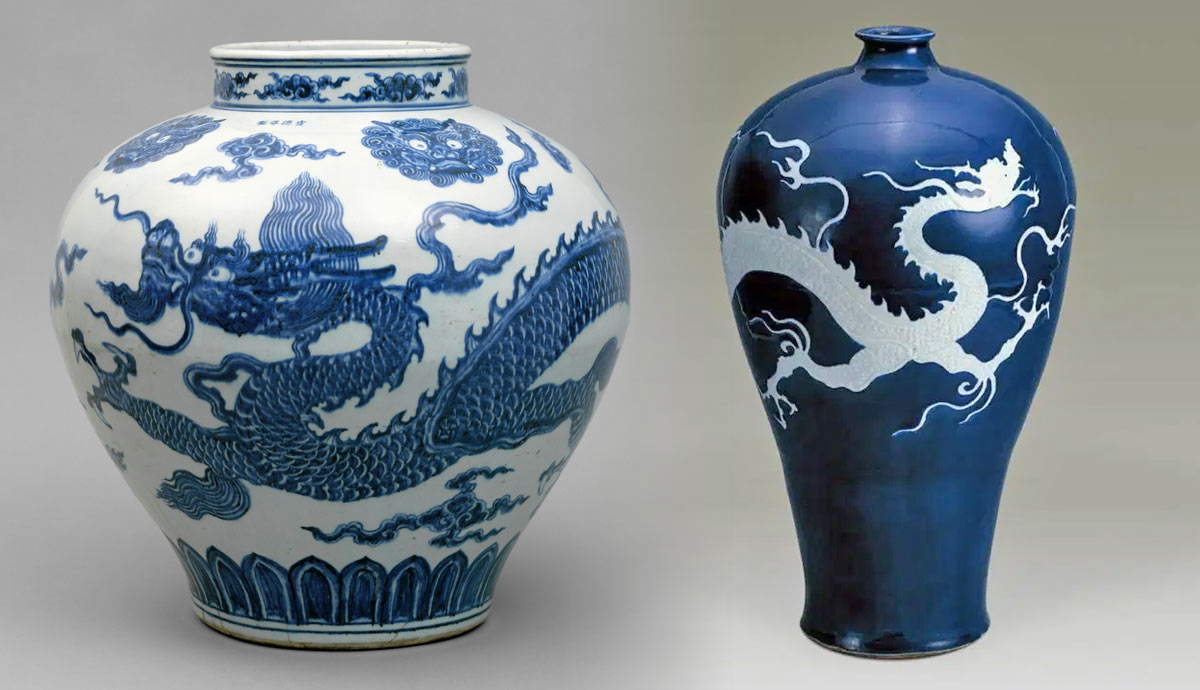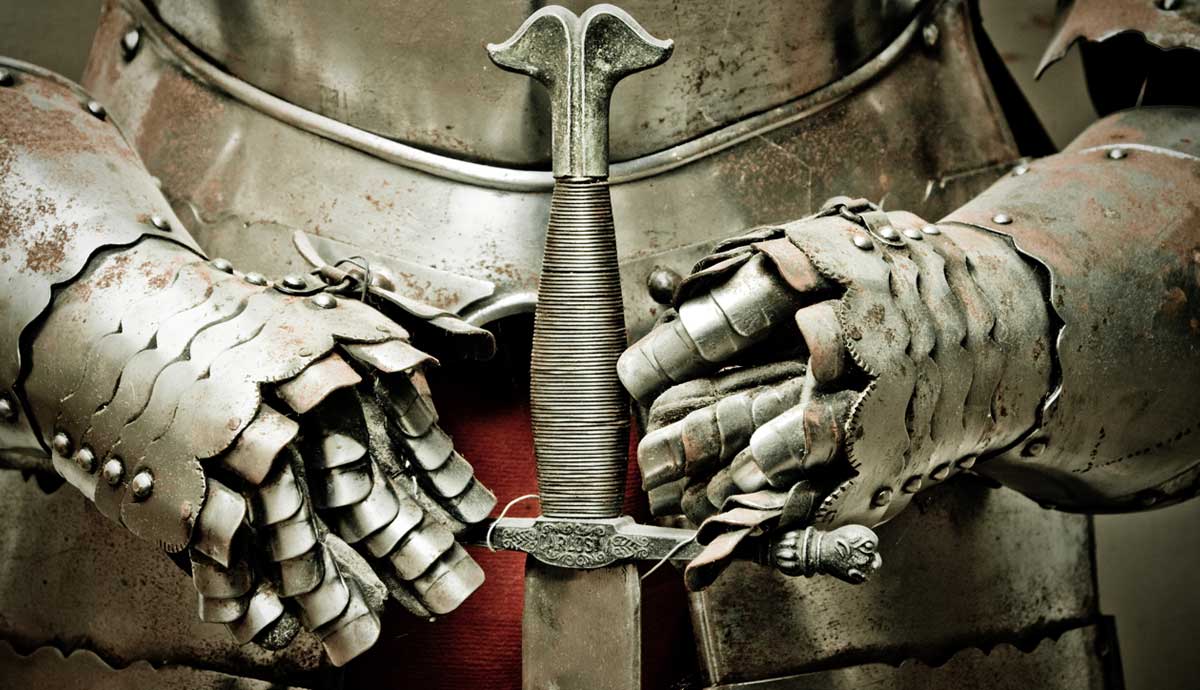
The reign of Gaius Julius Caesar Augustus Germanicus, better known as Emperor Caligula, was one of the most fascinating and notorious periods in the Roman Empire’s history. Caligula’s brief but turbulent reign (37 to 41 CE) was marked by a series of scandals, general paranoia, and excessive cruelty. The emperor’s (mis) deeds shocked the Roman elites, especially the Roman Senate, the main obstacle on Emperor Caligula’s path to absolute rule. Instead, this bitter conflict led to the young ruler’s assassination at the hands of his own bodyguards. And the tarnishing of his name for posterity – making Caligula one of the most infamous Roman emperors.
Emperor Caligula Was Predestined for Greatness

Future Emperor Caligula was born in 12 CE to Germanicus, a prominent Roman general, and Agrippina the Elder, granddaughter of no one else than the first Roman Emperor Augustus. Thus, from his very birth, the young boy was predestined to greatness, being a member of the famed Julio-Claudian dynasty. He also had sympathies of the army, and was an unofficial mascot of his father’s legions. It was here, in the military camp, that young Gaius got his infamous moniker – Caligula – meaning “small boots.” Yet, this seemingly innocent childhood nickname would come to symbolize his notorious reign.
Caligula Was a Promising Young Ruler

Caligula’s happy days were abruptly cut short following the sudden death of his father, Germanicus, in suspicious circumstances. Agrippina blamed Emperor Tiberius, but it is more probable that the culprit was Sejanus, the powerful Praetorian prefect. Whatever transpired, Caligula’s older brothers suffered a similar fate, while young Gaius was spared and eventually chosen to be Tiberius’ heir. Following Tiberius’ death in 14 CE, Caligula ascended to the throne. The new emperor was charismatic, young and wildly popular, unlike his paranoid and secluded predecessor. The first few months were auspicious, with Caligula reversing many draconic laws, ending treason trials, granting amnesty to the exiled, and abolishing unfair taxes. To solidify his popularity, the boy emperor organized lavish gladiatorial games and chariot races, much to the delight of the Romans.
He Had Ambitious Plans

The newly crowned ruler completed several buildings started during Tiberius’ reign, rebuilt the temples, and began constructing new aqueducts to secure the water supply of the rapidly growing Rome. He even built a new amphitheater in Pompeii. However, the emperor is better known for controversial, lavish construction projects. Most notably, Caligula constructed two massive floating pleasure barges for his personal use at Lake Nemi. This was harshly criticized by the senators, who saw this as a waste of money and one of many signs of Caligula’s madness.
Caligula Enjoyed Mocking the Senators

Soon after becoming emperor, Caligula fell seriously ill. If we are to believe Suetonius, our primary source, when Caligula finally recovered, he arose as a tyrant. Fearful of the Senate and its influence, Caligula did all in his (considerable) power to show the senators who was in charge. Often cited as prime example for the emperor’s madness, the infamous tale of Incitatus, Caligula’s beloved racehorse, being named a consul was no more than a prank – intended to show the senators how meaningless their job was, as even a horse could do it better. Similarly, Caligula’s decision to install a bridge of boats across the Bay of Baiae, a favorite resort for the wealthy elite, and cross it with the army was another demonstration of the emperor’s power.
The Emperor Was Obsessed with the Hellenistic East

In the early first century, the Roman Empire was still young, and the emperors, starting with Augustus, trod carefully, avoiding extravagant displays of power. This was not the case with Caligula, not shy of showing his obsession with the Hellenistic East. While the rumors of an incestual relationship with his three sisters are probably just that, rumors, it is possible that Caligula tried to emulate Ptolemaic rulers who preserved their bloodline through incestuous marriages. Of course, “going eastern” could only be perceived as something offensive by the Roman elites, still unaccustomed to absolutist rule. Thus, when Caligula proclaimed himself a god and announced the transfer of the capital to Egypt, the young emperor sealed his fate.
Caligula’s Reign Ended in Assassination

Caligula’s brief reign was fueled by paranoia, leading to several purges against the senators for plots, both real and imagined. His close bond with the army made him untouchable, but the emperor’s attempts to make Rome an absolutist monarchy and declare himself a god-king damaged his reputation and strained his relations with the Roman elite. When Caligula declared that he wanted to transfer court to Alexandria, the city the senators could access only with the emperor’s permission, the Senate decided to act. In the end, it was Caligula’s reckless behavior that led to his demise. Since Augustus, the emperors enjoyed the protection of the elite bodyguard – the Praetorian Guard. Caligula, however, managed to insult one of the Praetorians, Cassius Chaerea, providing the Senate with a crucial ally. On January 24, 41 CE, Caligula was assassinated by his guards, with Chaerea landing the first blow.
The Senate’s plan to restore the Roman Republic failed, as Caligula was replaced by his uncle, Emperor Claudius. The senators, however, had the final say in their conflict with the young, reckless monarch. After, all the senators were those who wrote history, and who tarnished the names of ill-fated rulers to justify their removal and strengthen the legitimacy of later imperial dynasties. Thus Gaius Caesar, an average and misunderstood autocrat, became a villain, a madman, a tyrant, and one of the worst Roman Emperors of all.










